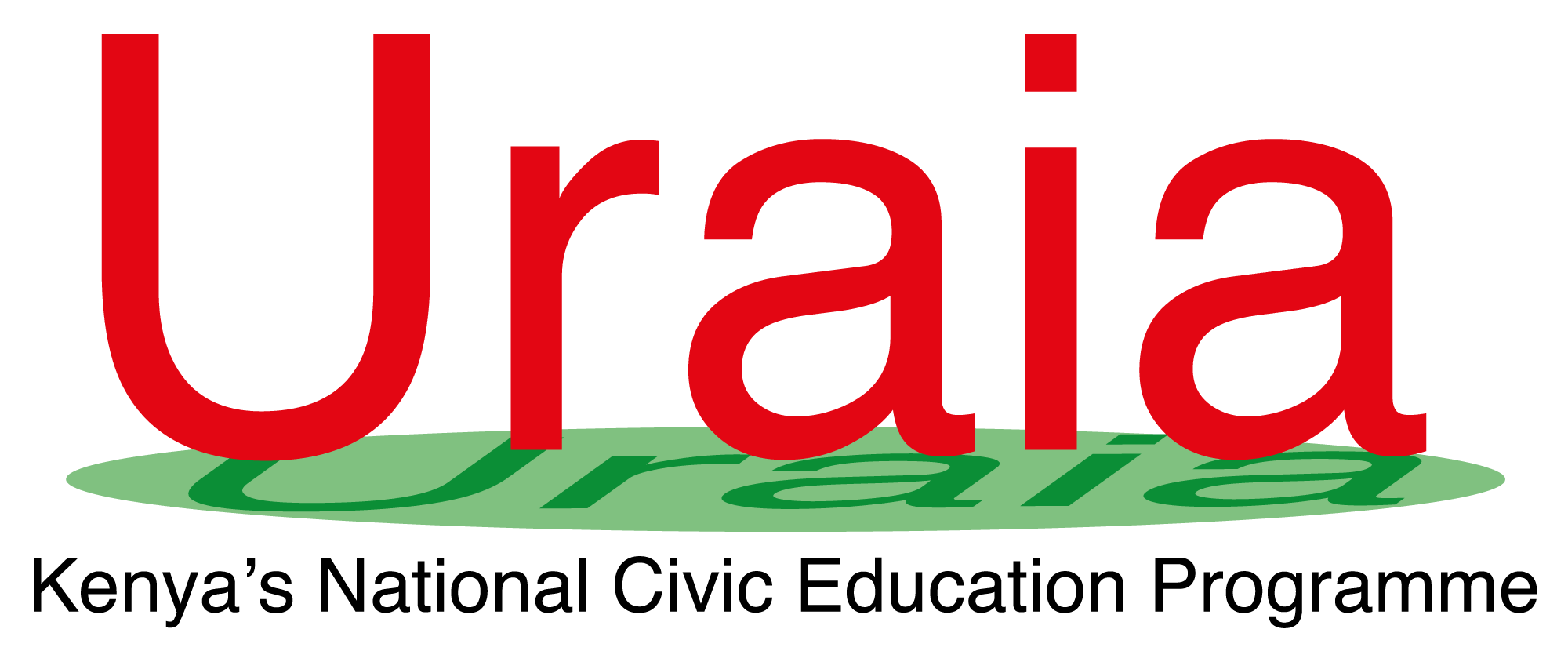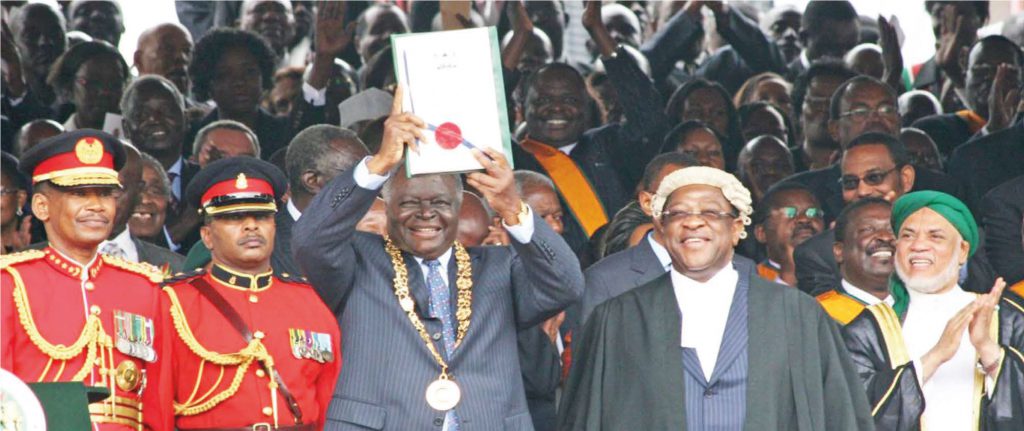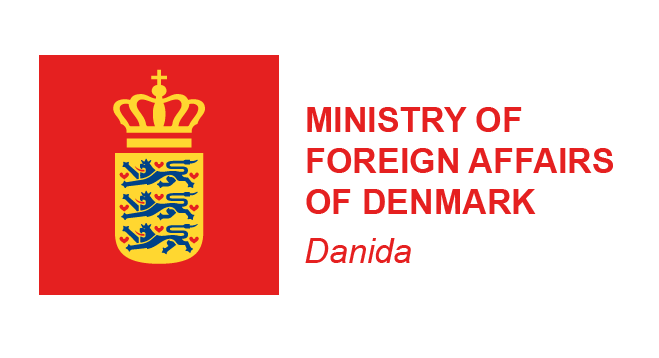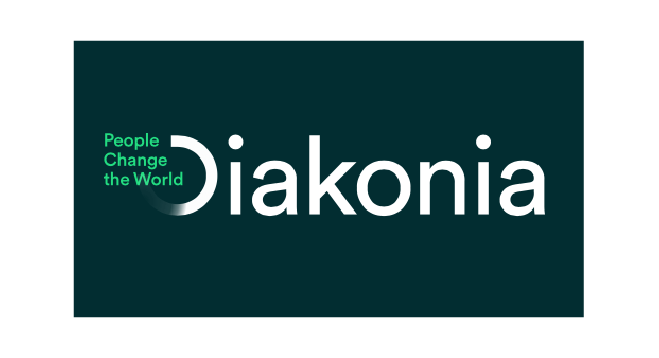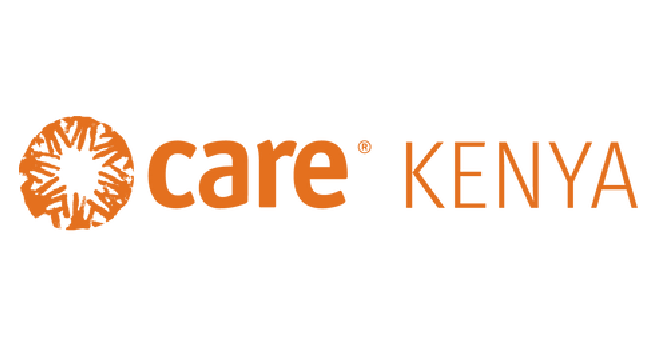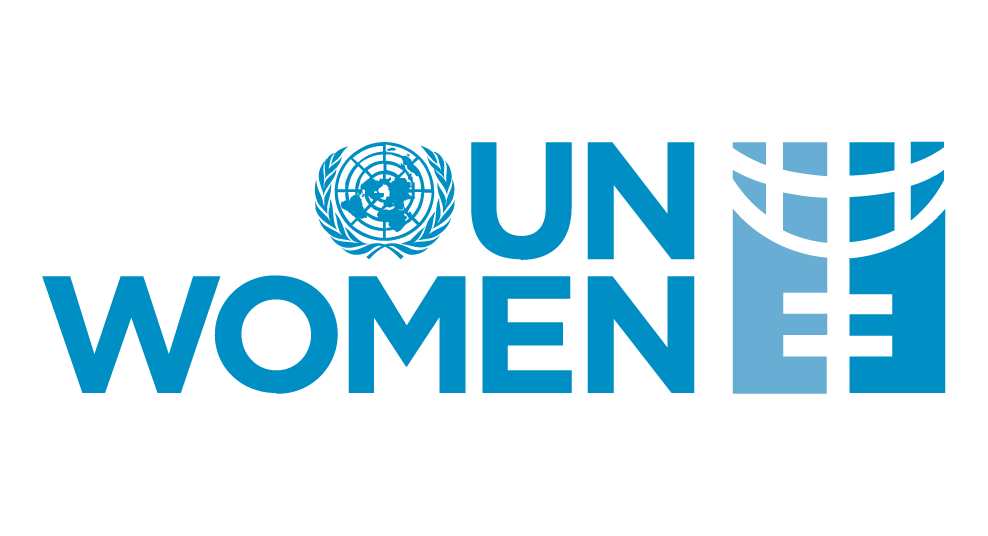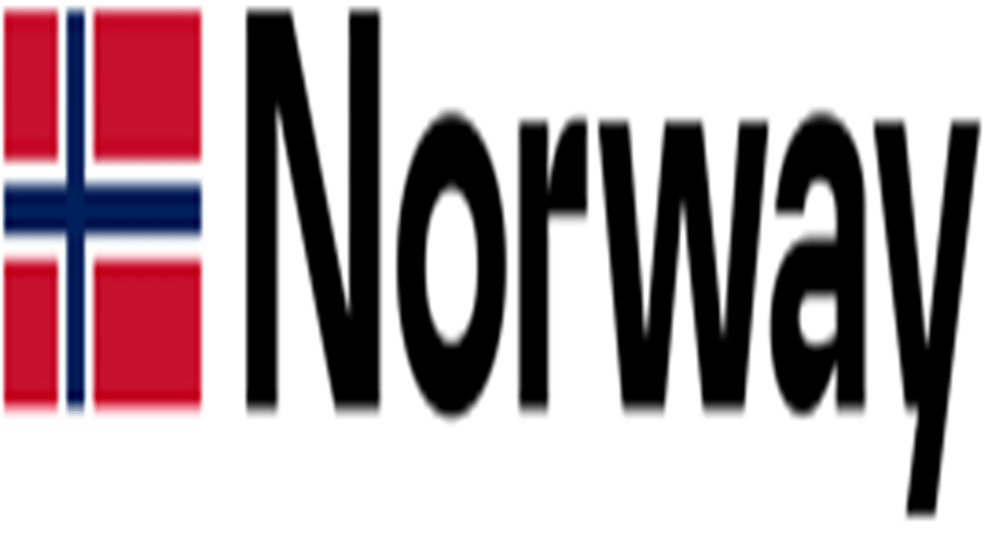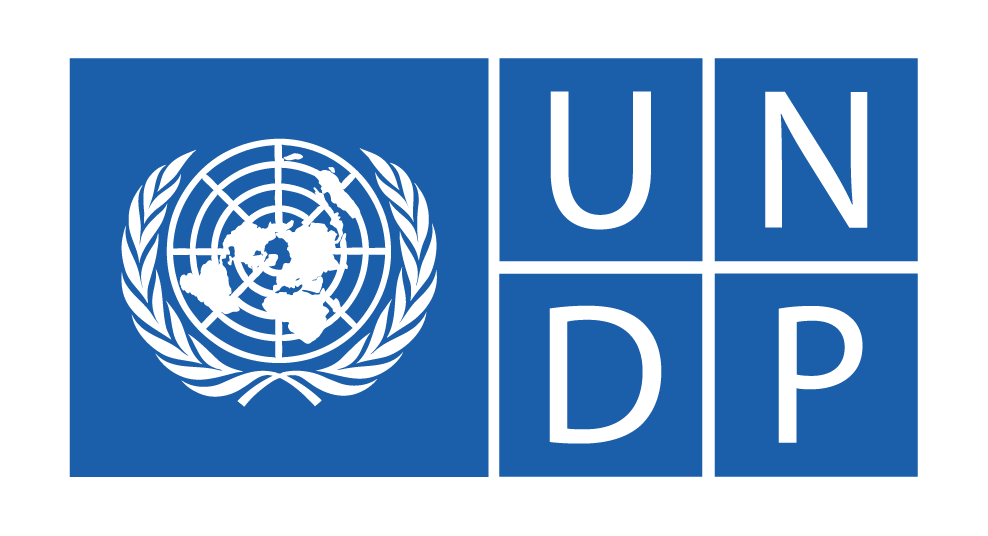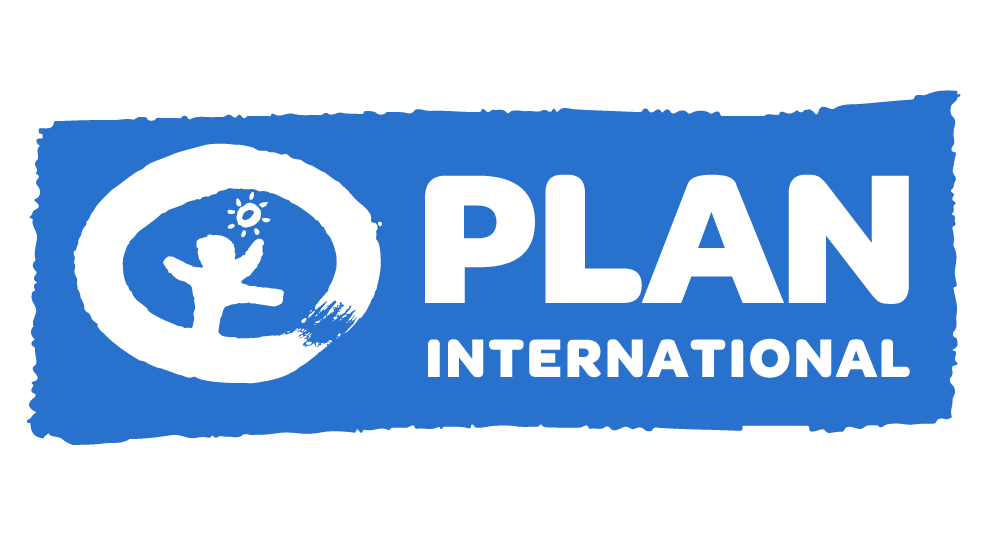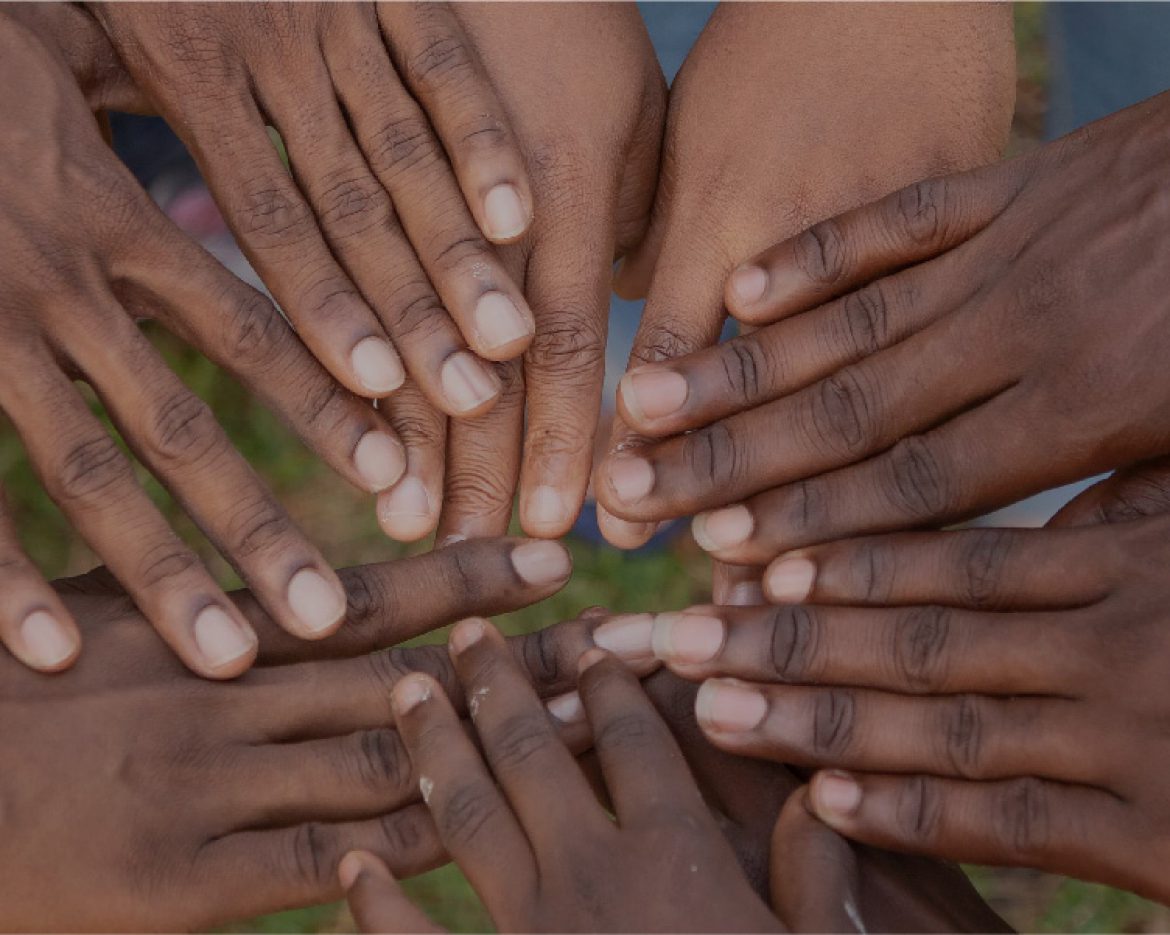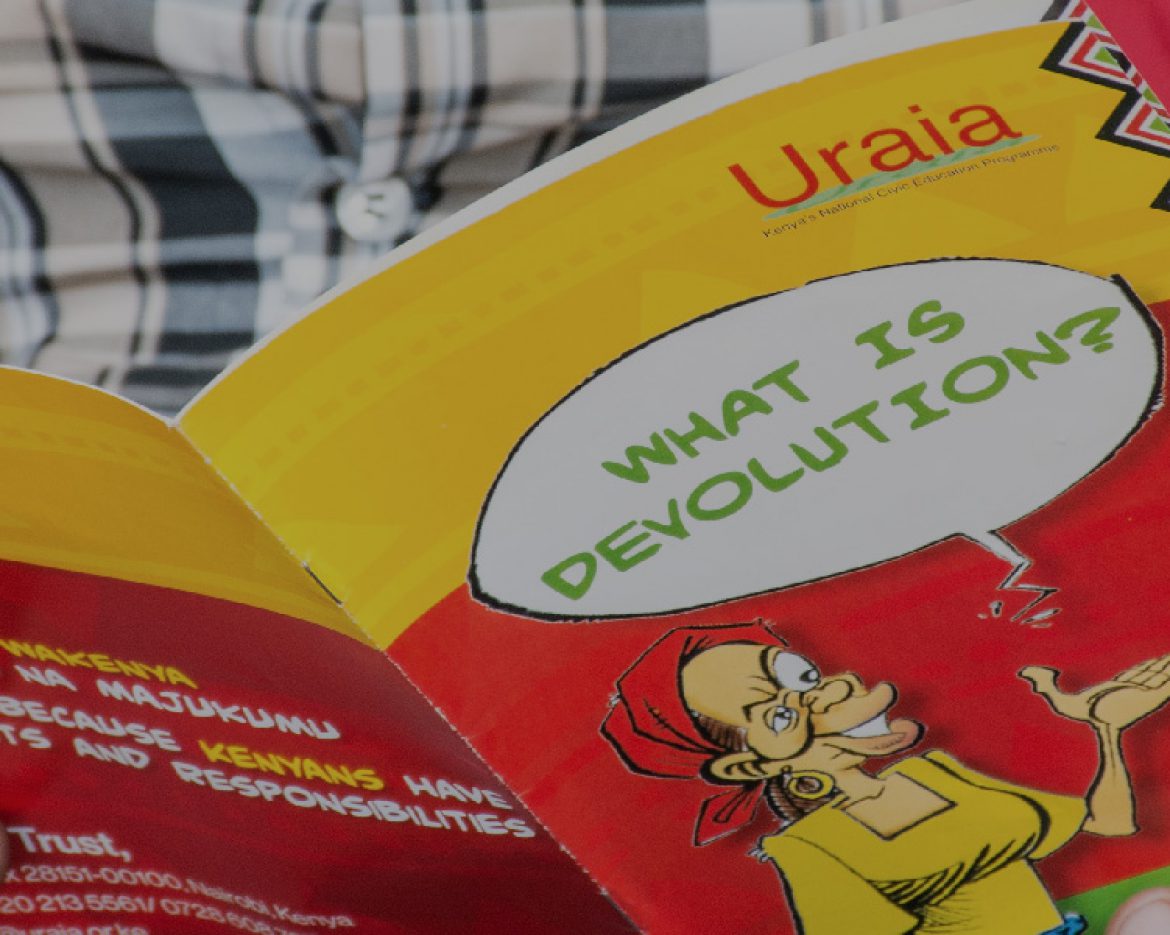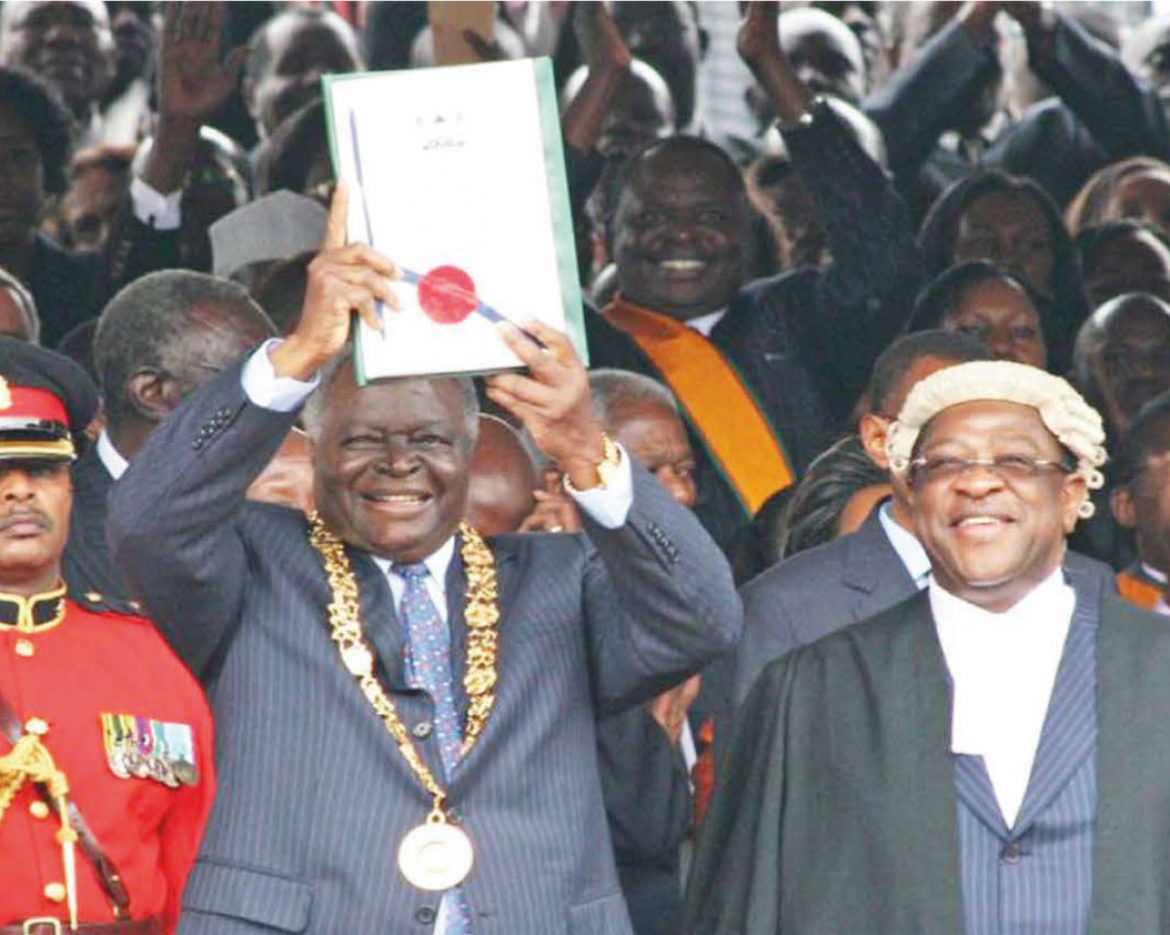

Years of
operation
counties
of operations
reached
annually
current
Partners
Our Work
Outcome 1
Outcome 2
Outcome 3
An effective ecosystem for continuous quality civic education and engagement. An effective ecosystem is one which is sustainable, adaptive, innovative. The aim here is to establish an ecosystem for continuous civic education and specifically one that keeps growing - beyond the provision of resources – and catalyses a sustainable environment for the delivery of civic education.
This aims at providing civic education on rights, enhancing awareness, and strengthening engagement on issues that have impact on people’s everyday lives. These include promoting the culture of constitutionalism through increased adherence to the rule of law and civic education on rights so that citizens can realize their constitutional aspirations; engagement to improve service delivery for Kenyans especially in devolved and other sectors and areas that affect citizens’ everyday life; electoral accountability; and increased accountability in public finances.
The aim of this outcome is to develop national consensus on the relationship between the perceived lack of a value-based culture in public affairs and the attainment of the constitutional dream of the Kenyan nation. This will involve building consensus on what a culture of “utu” is manifest as, in the public sphere. This is an important conversation for Uraia. It will build on the theme of “from rights and responsibilities to values and nationhood.” Past programmes covered rights and responsibilities and therefore this Framework will be solidifying the gains of the past programmes with a focus on values.
Uraia's History
Uraia Trust has delivered civic education to Kenyans for over 20 years. Our journey started as the National Civic Education Programme (NCEP) in response to the clamour for multi-party democracy.
NCEP Implemented
NCEP was implemented between August 2000 and September 2002. It was aimed at consolidating a mature political culture to raise citizen awareness of their rights and responsibilities, and in turn their capacity to effectively participate in broadening Kenya’s democracy
2002 Elections
By the general election of December 2002, NCEP had successfully reached nearly a fifth of Kenya’s total population through civic and voter education activities in all the country’s former provinces. The new political environment and the push towards constitutional reform ushered in by the 2002 general election drove a review and drastic restructuring of the NCEP programme.
Second Phase
NCEP’s second phase (Uraia) shifted its focus to five key areas that were considered critical under the new political dispensation: nation-building; democratization; good governance; constitutionalism; and human rights, with the three cross-cutting issues of environment, gender and HIV/AIDS.
2007 Elections
The 2007 General Elections and the subsequent violence forced Uraia re-formulate its objectives to respond to the new challenges facing the country after the polls, including the large numbers of Internally Displaced Persons (IDPs) that were living in camps, in many parts of the country.
Self-Sustaining
Uraia began initiating mechanisms through which the Programme could become more self-sustaining and less dependent on the basket fund provided by donors.
Uraia Trust Launch
Uraia Trust, established in 2011, to allow longer-term planning, and reach a larger number of citizens and stakeholders wishing to be part of the country’s reform agenda.
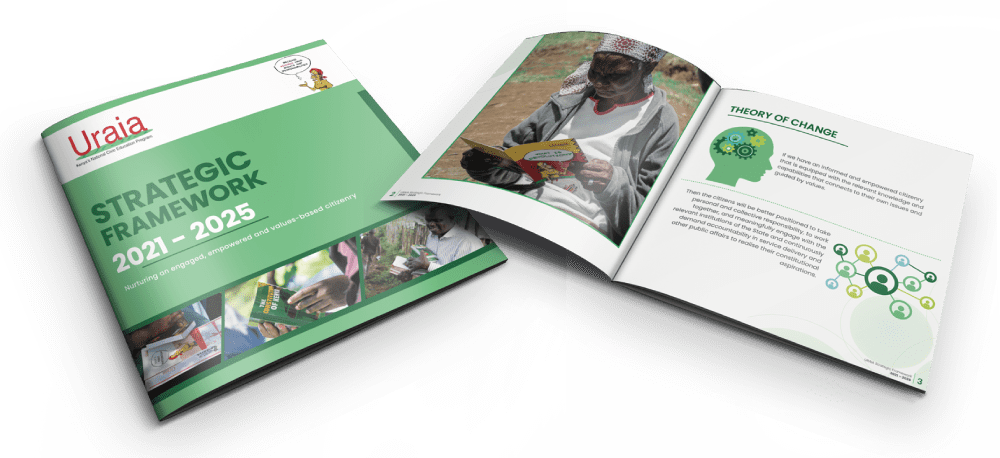
Strategic Framework
Abridged Version. For the full version, kindly visit the Resources page.
The Constitution of Kenya (2010)
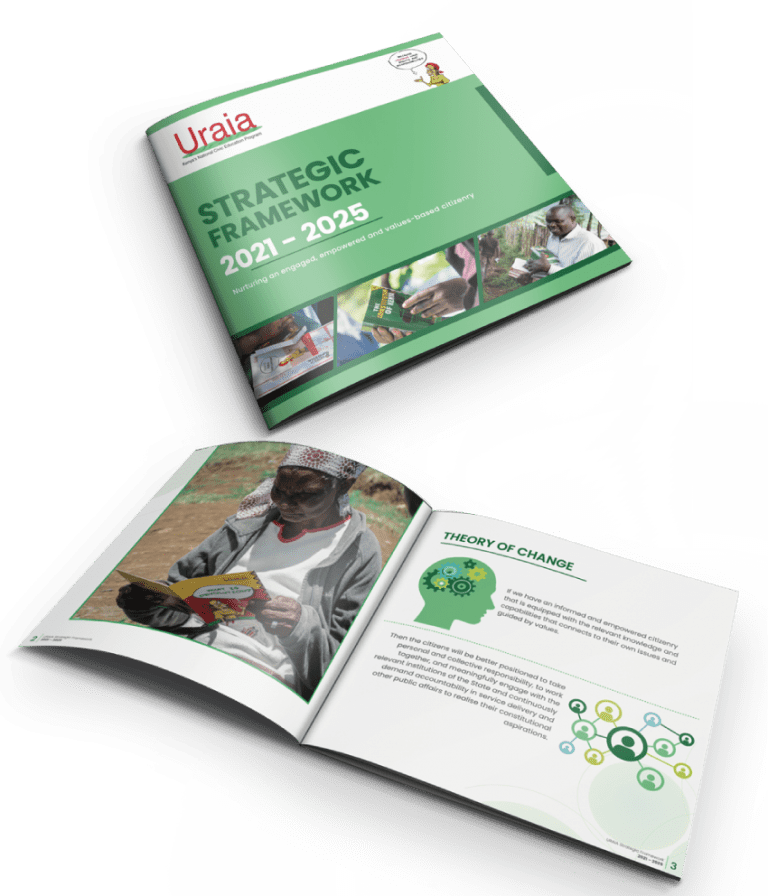
Strategic Framework
Uraia’s Strategic Goal is an empowered, engaged and values-based citizenry. By 2025 we want to see:
- A vibrant ecosystem of civic education
- Increased engagement by citizens in public affairs
- Enhanced, equitable quality of service delivery bynational and county governments
- National consensus on and demand for the practice of Utu in the public sphere
Quick Facts About Civic Education
Civic education is the continual and systematic provision of information and learning experiences to all citizens for their effective participation in democratic life. Civic education promotes civic skills and develops informed citizens who actively participate in the governance of their society based on enhanced knowledge, understanding, and ownership.
Public Participation is one of the national principles and values of governance under Article 10 of the Constitution of Kenya 2010, and one of the key objectives of devolution. Article 174 c of CoK 2010 states that one of the objects of devolution is “…to give powers of self-governance to the people and enhance their participation in the exercise of the powers of the State and in making decisions affecting them”.
The County Government Act 2012, Part X, provides for the establishment of a national design and framework for civic education, including determining the content of the curriculum. Section 100 of Part X stipulates that every county must implement an appropriate civic education programme. The programmes should be sustained to ensure citizen understand their civic roles, rights, and responsibility and can use the knowledge acquired for informed participation in civic and political processes.
The national government has developed a national civic education curriculum but most counties have not yet developed their own curricula. The national government has not yet developed ‘The National Design and Framework of Civic Education’ which should be adopted and domesticated by county governments as envisaged in the County Government Act 2012.
National Partners
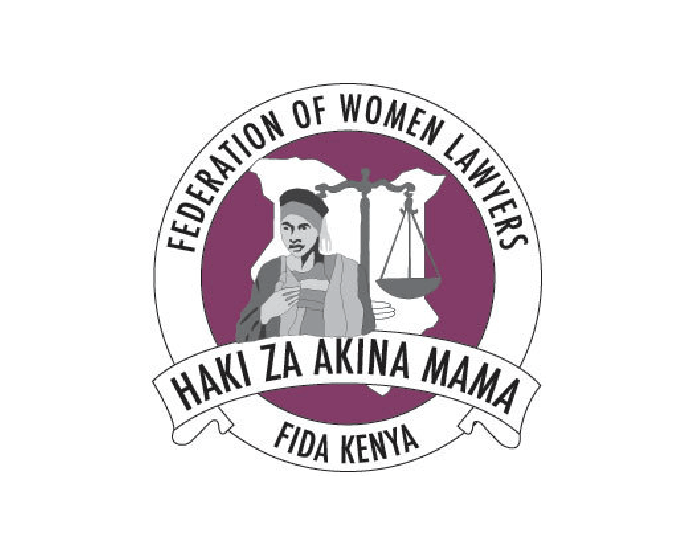
Federation of Women Lawyers – Kenya
(FIDA)
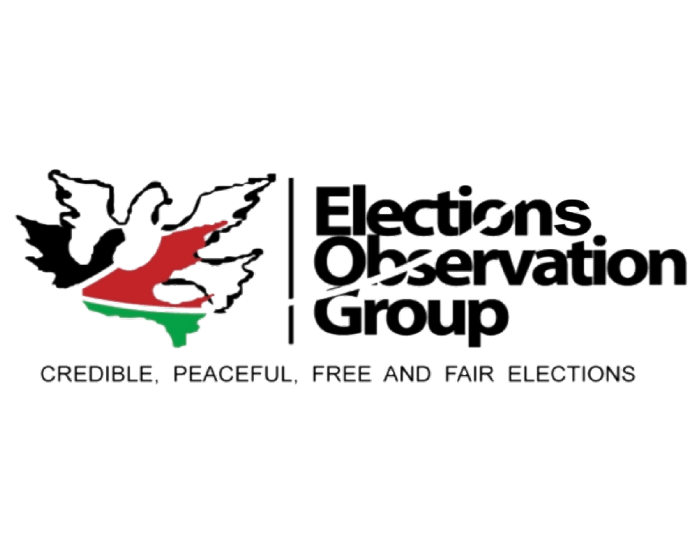
Election Observation Group
(ELOG)
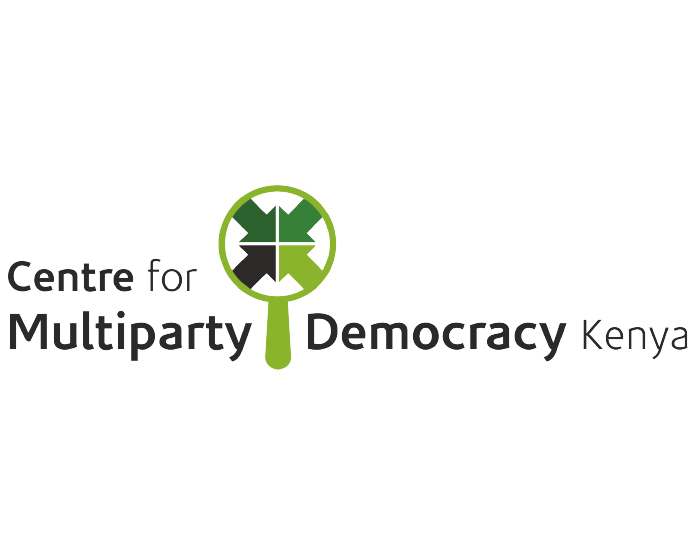
Centre for Multiparty Democracy
(CMD)
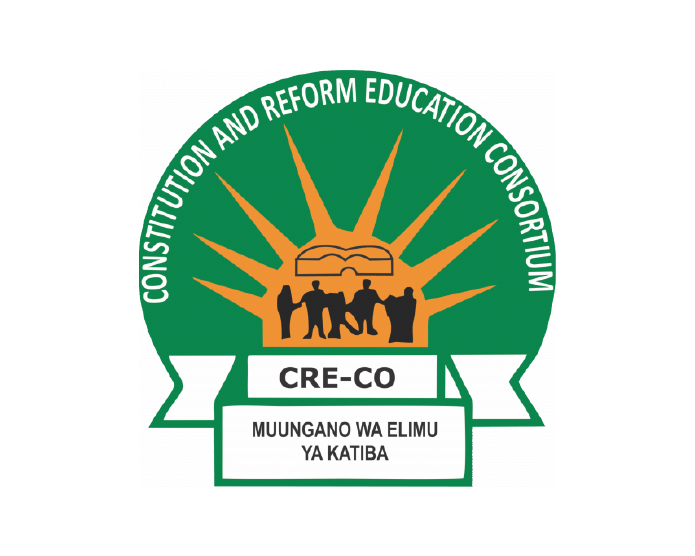
Constitution and Reform Education Consortium
(CRECO)
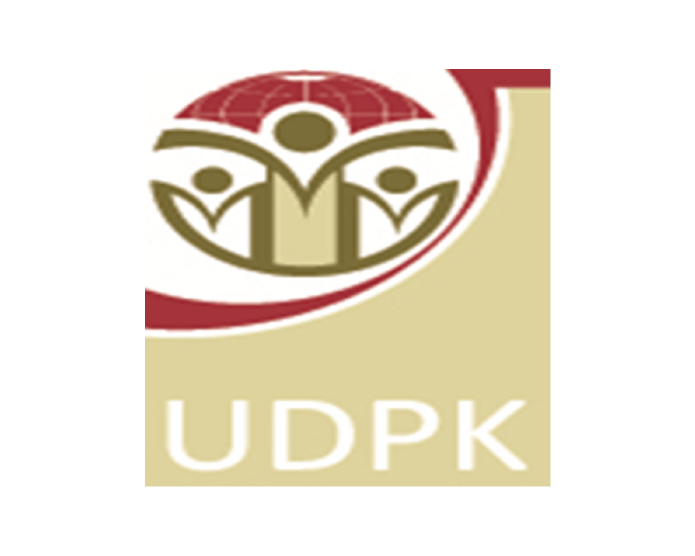
United Disabled Persons of Kenya
(UDPK)
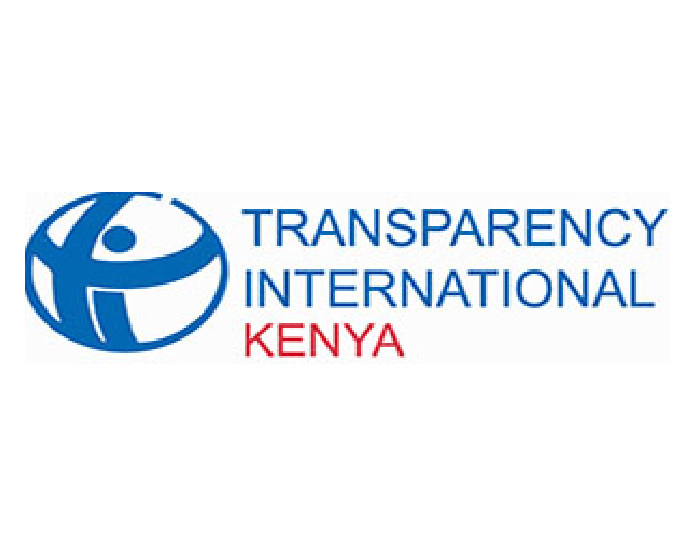
Transparency International – Kenya
(TI)
County Partners
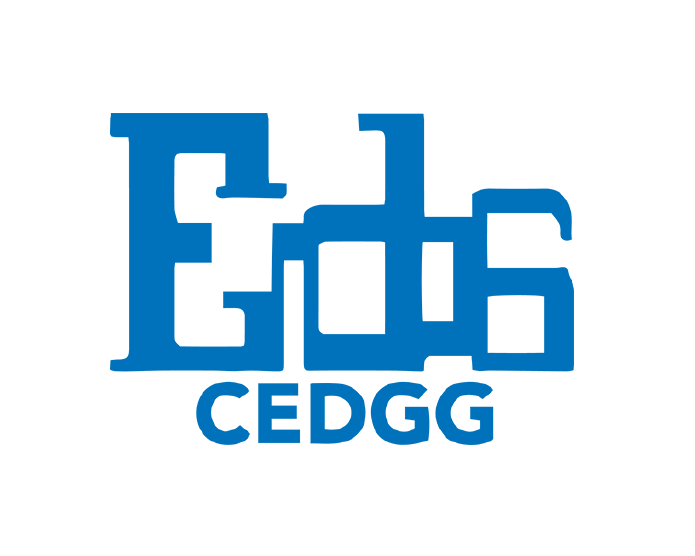
Centre for Enhancing Democracy and Good Governance
(CEDGG)
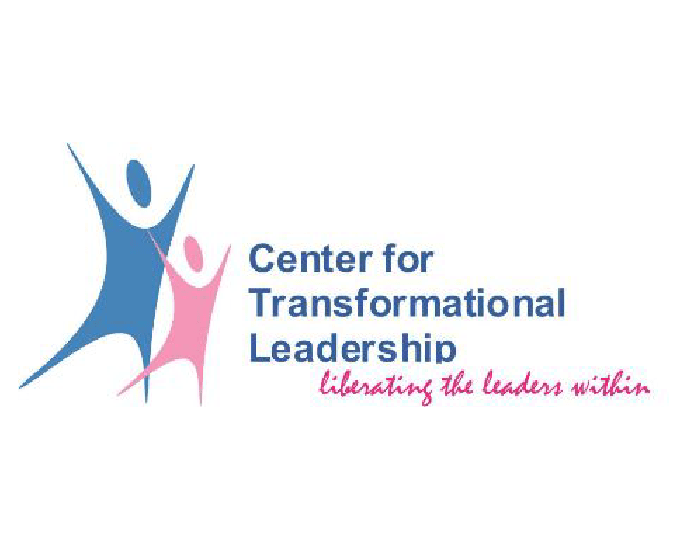
Centre for Transformational Leadership
(CTL)

Community Empowerment & Development Centre
(CEDC)
Kwacha
Afrika
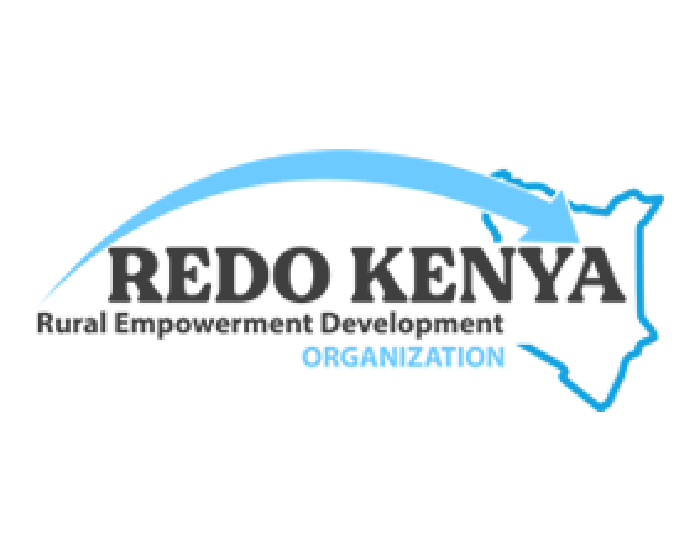
Rural Development Empowerment Organisation
(REDO)
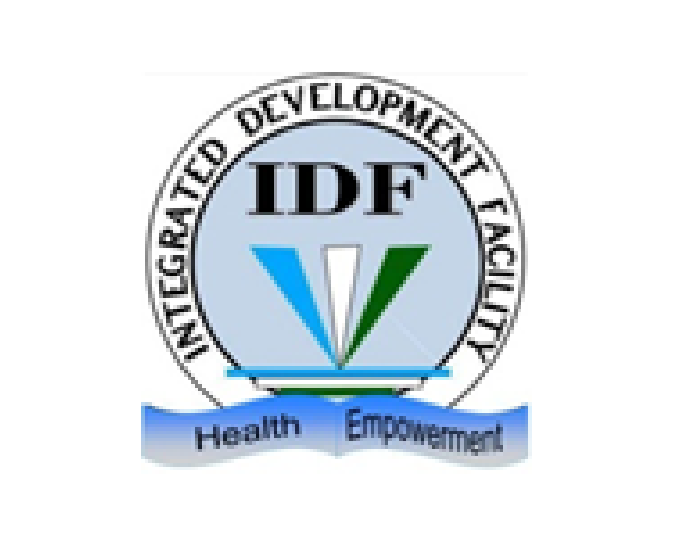
Integrated Development Facility
(IDF)
Civic education is a critical tool for promoting nationhood, constitutionalism, human rights, good governance and public participation. It informs citizens about their rights and responsibilities, how these rights are accessed and how their responsibilities are to be exercised. Civic education in Kenya increases citizen understanding of the 2010 constitution.
Uraia’s civic education programs promote active citizen participation in political processes at the local and national levels; raises awareness of social and political rights among marginalised and minority communities; and grounds citizens in Kenya’s national values.
Uraia’s civic education initiatives result in Kenyans who are patriotic, who support democratic values, who are tolerant of divergent political opinions, who actively participate in holding duty bearers and the general leadership to account, who defend the constitution, and protect the rights of marginalised and minority communities.
Uraia’s civic education supports the development of local and national leaders who uphold the standards of integrity envisaged in the Constitution of Kenya
